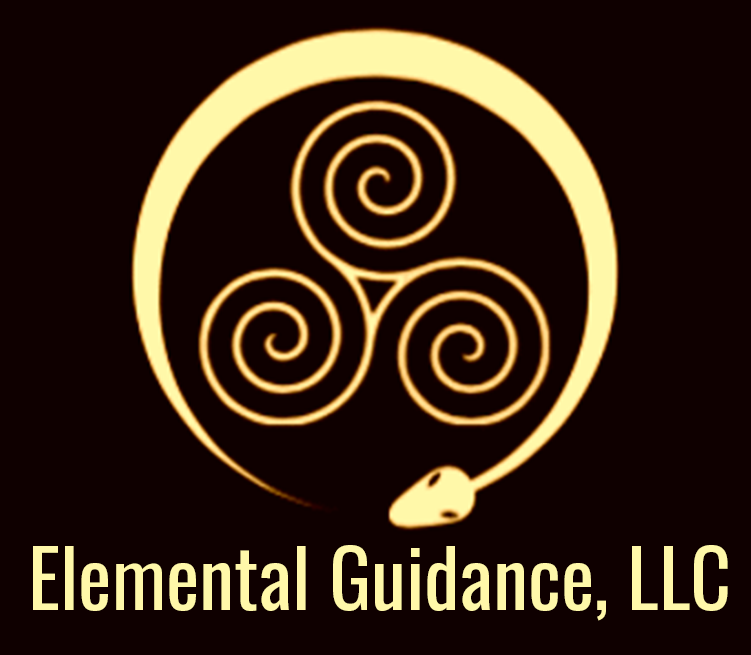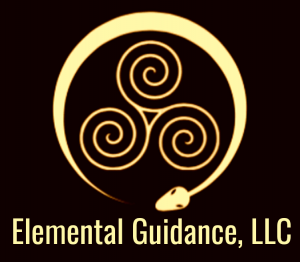Recovery & Suicide Prevention
CONTACT INFO FOR CRISIS SUPPORT:
National Suicide Prevention Lifeline – 1-800-273-TALK or (1-800-273-8255)
ACCESS Line 832-3100 or 1-800-753-6879
Trevor Lifeline, Nat’l 24/7 hotline for LGBTQ youth 1-866-488-7386
Military OneSource, 24/7 hotline for service members and families – Stateside: 1-800-324-9647
BIG ISLAND OF HAWAI’I RESOURCES:
Hilo Side: https://sites.google.com/elementalguidance.com/egllc
Kona Side: http://preventsuicidekona.com/index.html
National: https://suicidepreventionlifeline.org/
Please Note: Suicide is preventable. We must learn to recognize the signs, listen to the plea for help from others, work as a community, and address hurts and distresses urgently.
What is most important to know?
– Most people don’t want to physically die. They just want their emotional suffering to end.
– It’s okay to talk about the suicidal thoughts and to name them.
– Normalization –
o When I ask clients about it in intake, I don’t ask “if” but I ask “how many”
o Considering dying then moves to suicide when there is no way out
– Ideation is more common than we think.
– Cultural component – collectivistic is shame based and has increased suicide where as western culture is fear based; colonization effects
– Historical trauma – family, culture, ACEs
– Peak in Spring and lowest in Dec
– Suicide is a community issue, not a personal/individual one
– Suicide takes courage – this means the individual has the courage needed to complete the suicide. Families, friends, and therapists can work
together to convince the individual to consider using this courage for healing the wound instead of ending their life.
– Encourage conversation – parents to talk with the kids when things are great so they can become trusted resources when things aren’t as great.
– The signs were there for a while. Begin to notice change in behaviors, thoughts, and actions.
– This is not a phase….it’s a plea for help, if individuals even decide to reach out.
– Part 1 – Increase Awareness: Trauma leads to unresolved feelings and thoughts which go unaddressed due to lowered self-worth, shame, self-blame, etc. Chronic delay in getting help/healing increases likelihood of hopelessness and helplessness. The individual slowly becomes anhedonic and slips into chronic despair. This despair is lonely. Human beings thrive in community and social belonging. If the individual feels unable to reach out for help, self-destructive tendencies and experimentation to dumb the feelings will begin. Since these are not helpful to heal the wounds, a more powerful intervention will become necessary to stop the pain. Suicidal ideation begins. When attempts fail and solutions are not found towards healing, a whisper becomes a loud command. One of the attempts will / might end up being successful.
Part 2 – Find Solutions to Healing. Complete the ACE questionnaire and find a therapist (Psychology Today, Physicians, Churches, Elders, Cultural Leaders, etc)
If a loved one expresses suicidal thoughts, what’s the next step?
– Don’t’ downplay or ignore it. This is not being said to get attention; it’s a call for help.
– Don’t tell them they will get better soon. Help them find the doorway to healing.
– SLAP method awareness: severity, lethality, access, proximity (help)
– Get help by reaching out – call 911, crisis connection line (1-800-273-talk), text 741 741
– Get involved in discussion within the community and groups
– Don’t shame or blame the individual. They are already low on self-esteem and hope; they don’t need to be pushed further down.
Do drugs (including alcohol, street drugs, over-the-counter drugs, and prescription drugs) have an effect on suicide?
– Compromises people’s decision making
– Reduces inhibition and increased impulsivity
– Numbing effects for some types
– Enhancing effect for others
– Weaponized for self-harm (which can increased severity)
What advice do you have for people who have experienced suicidal thoughts but want to protect themselves from suicide?
– Call 911 or 1-800-273-TALK or 1-800-753-6879 (HI Based) or text: 741-741
– No Self-Harm / No-Suicide contracts with intervention basis (resources etc)
– Tell someone you’re having those thoughts (friends and family)
– Don’t isolate
– Don’t do alcohol or drugs, especially to cope with sadness and anger
– Get into therapy immediately
– Exercise self-care
What evidence-based prevention methods have been shown to be effective?
– Talk therapy – Talk therapy (individual, couple, family)
– Psychoeducation for parents – addressing ACEs
– Holistic care – mind, body, spirit
What are common factors with suicide?
– Not having control of what’s occurring
– Abuse survivor
– Loss
– Depression
– Change in relationships
– Neglect
– Family history of suicidal ideation or attempts
– Anniversaries
– Untreated shame, blame, fear, and anxiety
Who is at special risk, in your opinion? (Elderly, Native Hawaiians, males in all age groups, other demographic groups?)
– Elderly (white men over age of 85)
– Girls (adolescent / teenagers)
– Trauma victims
– Bullied
– Native American and Alaskan Natives
– Those who have had ACEs (adverse childhood experiences)
– Loss of some sort
– People who feel they do not have control
– Hopelessness
– Transitional developmental phases
Final thoughts:
When you are having suicidal thoughts, do not wait. Call and get help. If you are worried for someone else, call and get guidance. EGLLC focuses on improving relationships which are important to creating support network around the individual, which reduces risk and increases a sense of hope. Healing happens when individuals work together. We encourage this by advocating for stronger families and communities through our systemic and relational approaches.
Let’s gather as a community to bring an end to the tragedy of losing precious lives to suicide.
Elemental Guidance, LLC is ready to answer your call within 24-48 hours.



